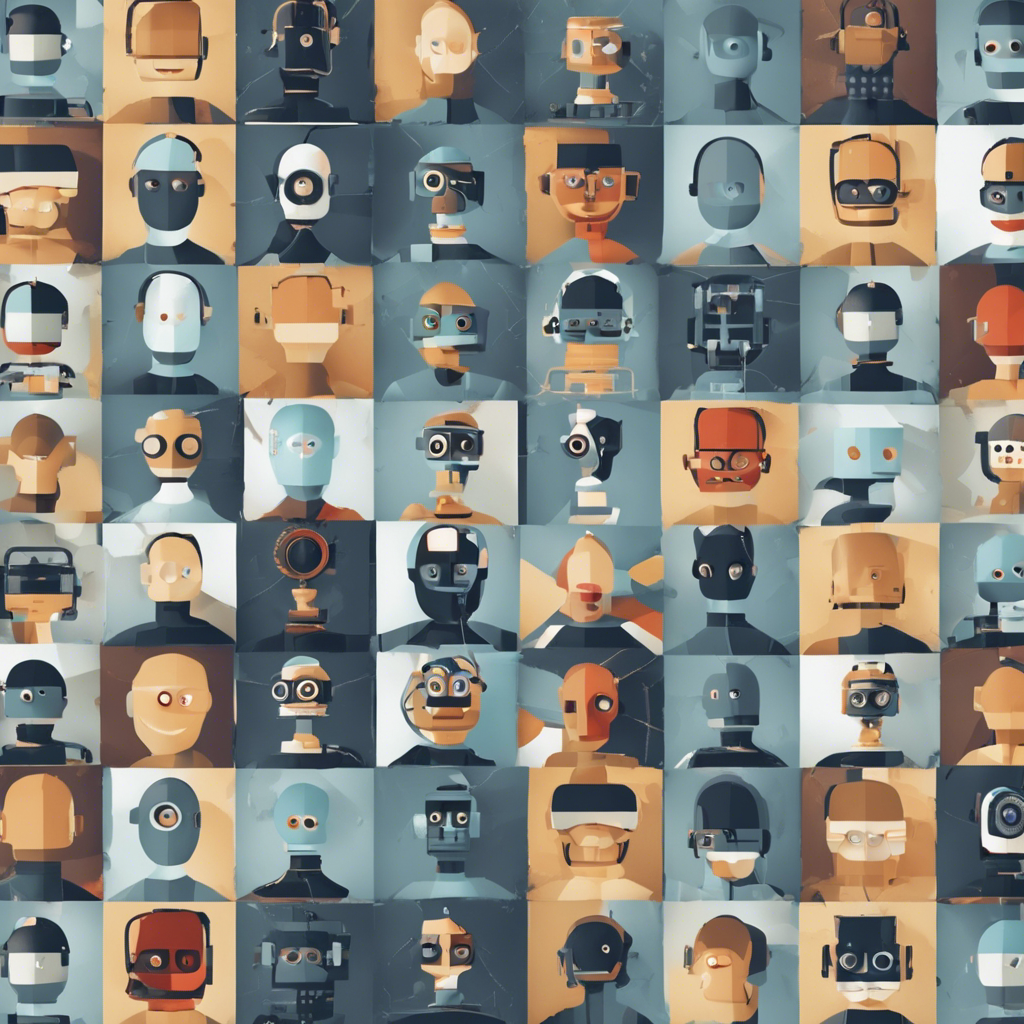The Race to Regulate Artificial Intelligence: Balancing Innovation and Accountability

Governments and Tech Giants Grapple with the Implications of A.I. Advancements
Artificial intelligence (A.I.) has experienced a remarkable surge in popularity and investment over the past year, with start-ups attracting substantial funding and tech giants leveraging their resources to forge ties with emerging leaders in the field. However, as this transformative technology continues to evolve at a rapid pace, concerns have arisen about its potential risks and ethical implications. Lawmakers worldwide are now grappling with the challenge of regulating A.I., striking a delicate balance between fostering innovation and ensuring accountability. This article explores the recent efforts made by governments and international bodies to develop comprehensive frameworks for A.I. regulation.
1: President Biden’s Executive Order: Prioritizing National Security
In October, President Joe Biden issued an executive order that placed a significant focus on the national security implications of A.I. development. Recognizing the potential threats posed by malicious uses of A.I., the order aims to strengthen the United States’ position as a leader in A.I. technology while also safeguarding national interests. The executive order establishes a task force composed of experts from various government agencies, academia, and the private sector to assess and mitigate potential risks. This proactive approach demonstrates the U.S. government’s commitment to harnessing the benefits of A.I. while mitigating its potential downsides.
2: China’s Imposed Restrictions: Balancing Innovation and Control
China, known for its rapid technological advancements, has also taken steps to regulate A.I. The Chinese government recently imposed restrictions on certain types of A.I. technologies to ensure that their development aligns with national priorities. While these restrictions aim to strike a balance between fostering innovation and maintaining control, critics argue that they may stifle the growth of the industry and limit international collaboration. China’s approach highlights the challenging task faced by governments in managing the dual goals of technological advancement and societal control.
3: E.U.’s Pioneering Regulatory Regime: A Blueprint for Accountability
The European Union (E.U.) has emerged as a global leader in A.I. regulation, passing one of the world’s first comprehensive frameworks to govern the technology. The European Commission’s proposed regulations aim to establish clear guidelines for the ethical use of A.I., prioritizing transparency, accountability, and human rights. The legislation encompasses a wide range of sectors, including healthcare, transport, and law enforcement, and introduces strict requirements for high-risk A.I. applications. By setting a precedent for responsible A.I. development, the E.U. seeks to shape global norms and encourage international cooperation in regulating this transformative technology.
4: Tech Industry’s Response: Collaboration and Self-Regulation
As governments grapple with the complexities of A.I. regulation, tech giants have also recognized the need for responsible development. Companies like Google, Microsoft, and Amazon have established their own ethical frameworks and guidelines for A.I. usage. Recognizing the potential risks associated with A.I., these industry leaders are actively engaging in discussions with policymakers, academia, and civil society to shape the regulatory landscape. However, critics argue that self-regulation may not be sufficient and that there is a need for robust external oversight to ensure the ethical use of A.I. technologies.
Conclusion:
The race to regulate artificial intelligence is gaining momentum as governments worldwide recognize the need to strike a delicate balance between fostering innovation and ensuring accountability. President Biden’s executive order, China’s imposed restrictions, and the European Union’s pioneering regulatory regime all reflect the growing recognition of the risks and challenges posed by A.I. development. While the tech industry’s self-regulation efforts are commendable, external oversight and global cooperation are crucial to establish a comprehensive and harmonized framework that safeguards against the potential pitfalls of A.I. As this transformative technology continues to shape our world, it is imperative that regulations evolve to address the ethical, social, and security concerns associated with its rapid advancement.

